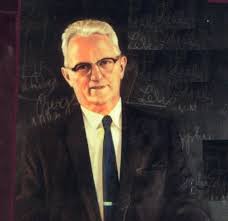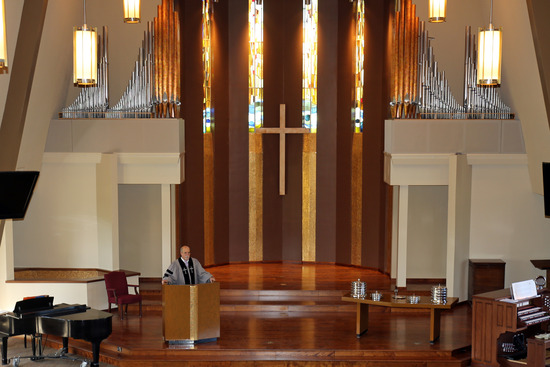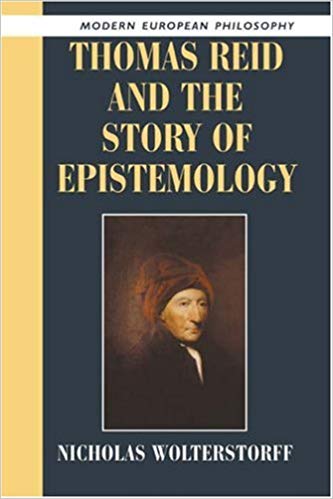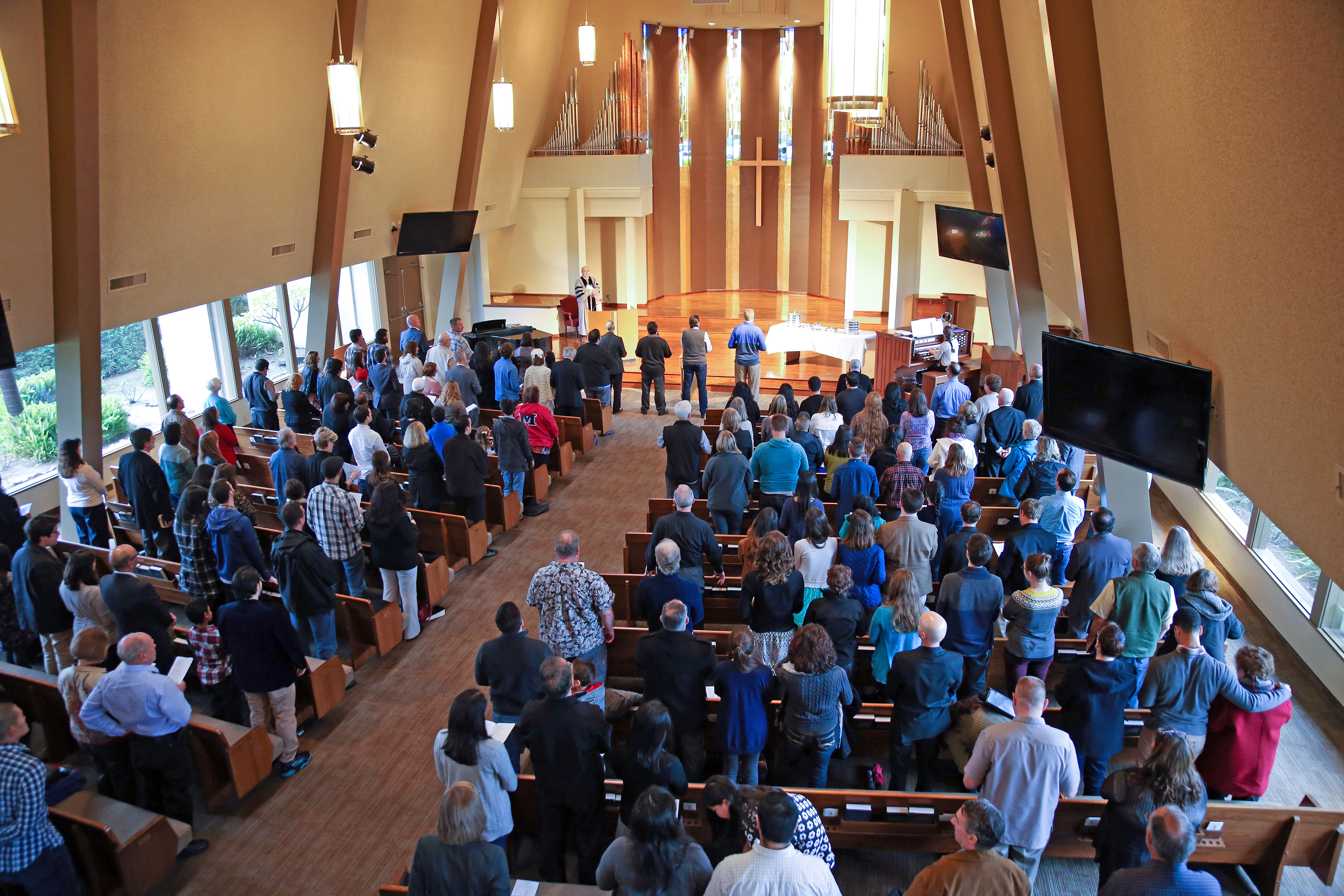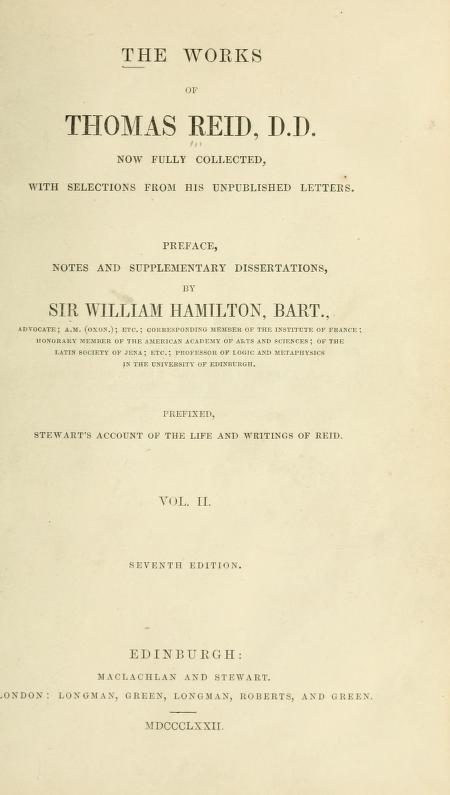"Set Your Minds on Things That Are Above" -- Colossians 3:1-11
 Wednesday, September 5, 2018 at 02:42PM
Wednesday, September 5, 2018 at 02:42PM 
The Seventh in a Series of Sermons on Colossians
A new church had been established in the village of Colossae–a small, backwater town in the Lycus Valley in Asia Minor. The church was doing well, but was facing a group of false teachers advocating what is known today as the “Colossian Heresy.” This heresy combined elements of local pagan religion and Judaism. Its adherents worshiped angels, sought visions, practiced a rigorous asceticism (self-denial), but also observed Jewish feasts, new moons, and the Sabbath. All of this would have made sense in first century Greco-Roman culture–where syncretistic religions (various religions mixing together) were common–but antithetical to biblical Christianity.
Paul’s instructions to the Colossians as to how to respond to this heretical teaching was crystal clear. Do not allow false teachers who do not the have the mind of Christ to pass judgment upon you when you refuse to follow their rules or spiritual principles. Religious rules and regulations taught by these false teachers may have the appearance of wisdom, but can do absolutely nothing to restrain the indulgence of the flesh (the sinful nature). In the face of this challenge, Paul exhorts the Colossians to stand firm and not allow themselves to be disqualified from the inheritance already won for them by Jesus Christ in his death and resurrection.
Paul’s answer to the Colossian heresy may be crystal clear but his response raises a question which lurks in the background of all discussions of the Christian life. If the Colossians were not to be taken in by what Paul calls deceptive philosophy and humanly invented rules and spiritual principles–which he says are contrary to God’s revelation in Jesus Christ–then what standard are the Colossians to follow when seeking to live as the new creatures they now are in Christ? The answer is equally clear–the standard of conduct for the Christian is law of God as revealed to Israel on Mount Sinai. In Colossians chapter 3, Paul will exhort the Colossians to adopt a heavenly perspective while living the Christian life–in contrast to the Colossian Heresy which focuses upon earthly things which are destined to perish. This heaven-focused perspective will enable them to do those things pleasing to God and beneficial to our neighbor (as revealed in the law of God) and yet obey in such a way that they do not re-enslave themselves to the flesh (the sinful nature) which dominates all Christians before they are united to Christ.
We are now well into the second half of Paul’s letter to the Colossians (we will be considering chapter 3:1-11), which, as we have saw last time, comes in that section of Paul’s letters usually devoted to commands and instructions for all those who trust in Jesus Christ (as explained in the first half of his letters). In his death and resurrection, Jesus has already broken the power of sin (which Paul also speaks of as the “flesh”) which enslaved us to sinful desires, caused us to be drawn to false religion, and stake our eternal hopes on earthly things destined to perish.
Keeping the indicatives (statements of fact–i.e., who Jesus is and what he has done for us) and the imperatives (the commands and instructions which come to those already participants in the new creation through their union with Christ) distinct, is vital in making proper sense of Paul’s letters. The distinction between what is promised (gospel/indicative) and what is commanded (law/imperative) is the basis for the distinction between law and gospel which is so fundamental in understanding both justification (the once for all declaration that we are righteous before God) and sanctification (the process through which God renews us more and more into the image of Jesus Christ).
As we turn to our text (verse 1 of chapter 3), Paul reminds the Colossians of the indicative of the new creation before exhorting them to think and do certain things which reflect who we are in Christ (the imperative). Notice how the imperative (the command) flows directly of the indicative (promise). The apostle writes, “if then you have been raised with Christ, seek the things that are above, where Christ is, seated at the right hand of God.” The “if” here is rhetorical. It should be understood in the sense that “since you have been raised with Christ,” a statement of fact, not something which is still an open question. Paul is referring to our union with Christ, a major theme in his theology.
To read the rest of this sermon: Click Here




